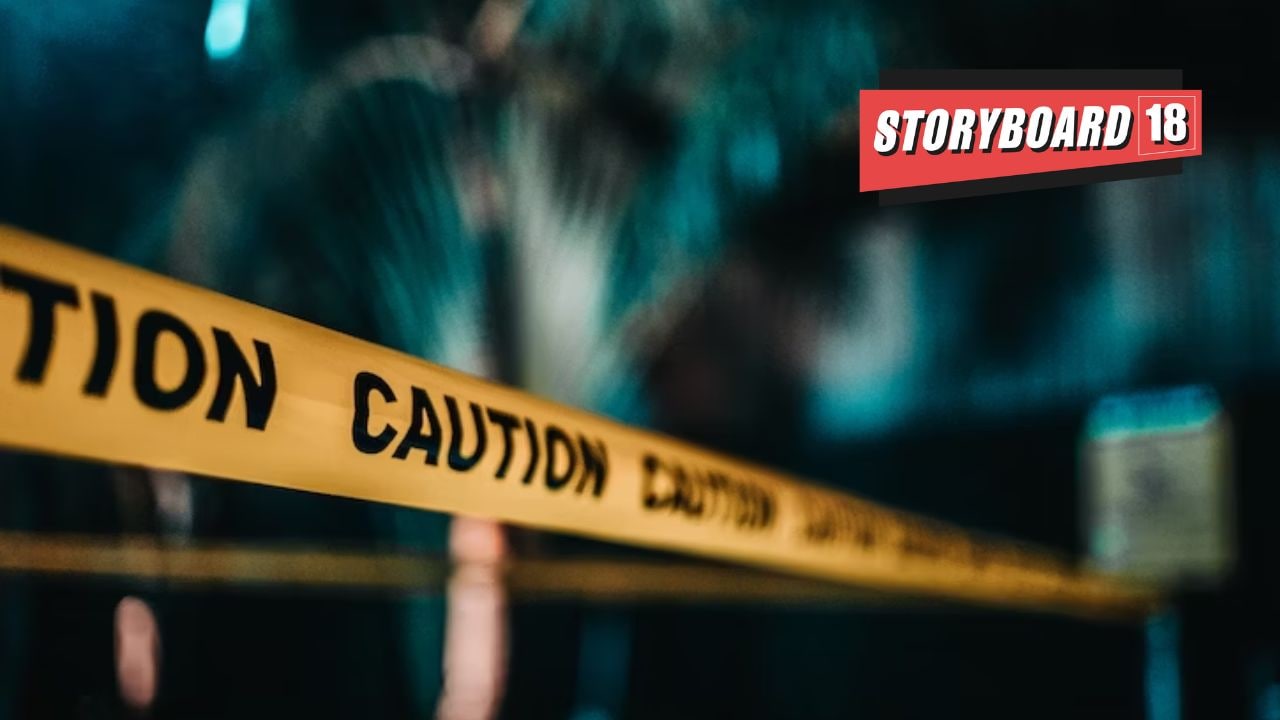The Ministry of Electronics and Information Technology (MeitY) is working on an exhaustive codified regulation specifically for deepfakes not just through penalties but also by fortifying existing policy frameworks.
Legal experts said such regulations with checks and balances on publishing and spread of impersonated data/information are indeed required.
“Identity theft is no joke and is a crime under the Information Technology Act, 2000. The new regulations would regulate not only the offender but also the intermediaries (i.e., social media platforms like Instagram, Facebook, etc.),” said Shashank Agarwal, advocate, Delhi High Court.

MeitY met representatives of social media platforms, IT industry body Nasscom and professors from the field of AI. They are now together working with a 10-day time frame to draw up clear practical items based on four pillars to combat the deepfake menace: Detection, prevention, enhancing of reporting mechanisms and increasing awareness. The ministry is also not ruling out charging penalties for non-compliance.
However, the new rules are not meant to be just about penalising offenders, it is also about strengthening existing policy frameworks.
Kunal Sharma, partner at Mumbai-headquartered law firm Singhania & Co, explains how these new guidelines could complement the Information Technology Act, 2000.
“The act prohibits creating or distributing defamatory, obscene or privacy-violating content. In this regard, reference can be made to Sections 66C (identity theft) and 66E (privacy violation). These provisions could potentially be used to prosecute the offender. However, a legal framework/regulation for deepfake videos may include a clear definition of what constitutes a deepfake video, as well as a prohibition on certain uses of deepfake videos, such as using them to commit fraud, impersonate others, or interfere with elections,” he said.
Further, the regulation may provide processes and make it obligatory on the part of developers and social media platforms to tag/inform users on what is natural and what is synthetic content, as pointed out by IT Minister Ashwini Vaishnaw while proposing for a regulation on deepfakes.
Can deepfakes be combated with regulations?
From the current scenario of existing laws expanding their scope to include deepfakes within their purview, it is clear that a more stringent and exhaustive mechanism is required to combat offences relating to creating and posting deepfakes more holistically. The existing laws are clearly insufficient to combat deepfakes, said experts, as they were never intended to target this particular issue, thereby leaving the possibility of loopholes in this context.
Read More: MeitY mulls new regulations to combat deep-fakes menace: Breaking
“While it is a highly challenging offence to curb, it can be adequately combated with an all-inclusive law specifically intended to target and curb deepfakes,” said Deeksha Prakash, advocate at Delhi-based law firm ASL Partners.
“Though it must be noted that the enactment of a law specific to deepfakes does not guarantee the curbing of offences related to deepfakes, the effective enforcement of such law is another equally important subject to dwell into and resolve,” Prakash added.
Talking of enforcement, Prakash also pointed out certain areas that should be covered in the new guidelines.
Exhaustive definition of deepfakes, provisions and penalties governing creation of deepfakes, provisions and penalties governing posting of deepfakes and an exhaustive definition of what constitutes ‘posting’ which must be as wide as possible in its scope, nature of offences relating to deepfakes and enforcement mechanism with an element of subjectivity to pay heed to the facts and circumstances of each case are some of the areas listed out by Prakash.
Read More: Deepfakes threat: Govt, social media cos, Nasscom together identify four pillars to combat deepfakes
